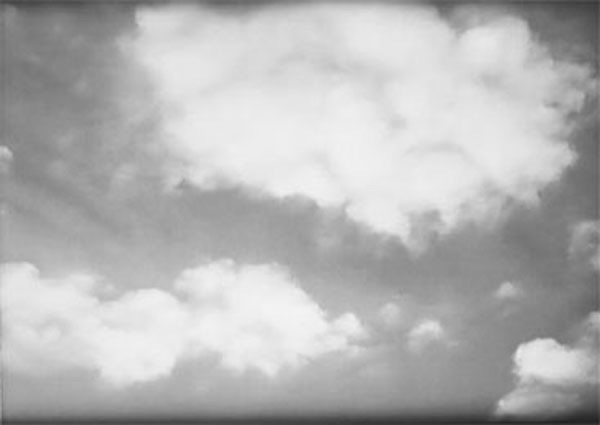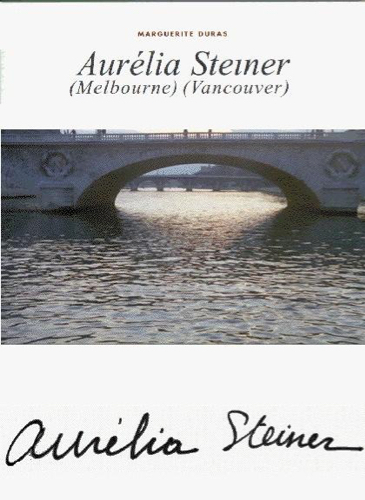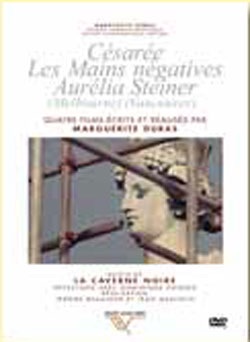Aurélia Steiner - Vancouver
-
Réalisé par Marguerite Duras • Écrit par Marguerite Duras
-
France • 1979 • 50 minutes • 35 mm • Noir & Blanc
- Réalisation :
Marguerite Duras - Écriture :
Marguerite Duras - Image :
Pierre Lhomme - Montage :
Geneviève Dufour - Voix off :
Marguerite Duras
- Production (structure) :
Les Films du Losange, Paulo Branco - Ayant droit :
Les Films du Losange, Paulo Branco
- N° ISAN :
non renseigné
Résumé
Elle a toujours dix-huit ans et elle écrit. Mais elle est canadienne. Elle parle d'une Aurelia Steiner morte dans un camp de concentration, d'une autre qui y est née, de son amour immense... Les images montrent la mer et le ciel, des rochers et des arbres, les ruines d'un blockhaus.
"Celle qui "écrit" le texte évoque ses parents morts en déportation : sa mère morte en lui donnant naissance, son père pendu pour avoir volé de la soupe pour elle. Parfois, elle semble s’adresser à ce père, parfois à un jeune marin à qui elle s’offre."
(Dominique Noguez, 1984)
Aurélia Steiner - Vancouver begins with a crack noticed in the stonework. Then the horizon appears, which has ‘the evenness of a huge crossing-out’. A smooth, frail voice intones, ‘I love you, beyond my strength. I do not know you.’ It is an incantation that digs into the film with its mystery, undermining its every image; river banks, clouds and trees.
All these places with no origin or reference. ‘I am beautiful, so beautiful I am a stranger to myself. My name is Aurélia Steiner. I am your girl. I am informed about you, through me.’ ‘I’, ‘you’ ... But what ‘I’, what ‘you’?
Carried off by these fluctuating identities, and by the conjugation of all the tenses, the text is borne along by a multiple voice, with ghosts passing through, over three generations of a Jewish family. Gradually, this slow montage of black and white panoramas together seems to echo this name that might carry within it a landscape: Aurélia Steiner as water and stone? It in any case carries within it a whole memory: ‘Aurélia is there or elsewhere. She is broken, scattered throughout the film. She is there, as elsewhere, in every Jew; the first generation is her, as is the last
Sélections et distinctions
- 2014 • FIDMarseille - Festival International de Cinéma de Marseille • Marseille (France) • Sélection Écrans parallèles
Comment avoir accès au film ?
- Sortie en salle
- Édition DVD
-
Accès VOD
- Il n'existe pas d'accès en VOD à notre connaissance
- Distribution
- Aide sur les moyens d'accéder à un film


